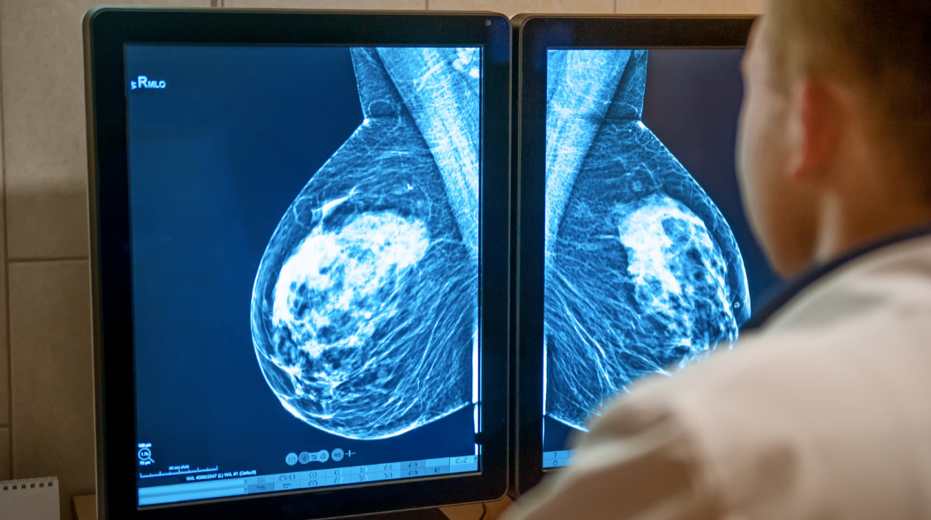Different Types of Breast Cancer | Health Channel |

Not all breast cancers are the same. In an interview with the Health Channel, Dr. Jane Mendez, a Breast Surgery Specialist, elaborates upon the different types of breast cancer. Dr. Mendez explains that it is important to differentiate and understand the specifics of the different types of breast cancers to provide a more accurate diagnosis and treatment.
There are three main factors that Dr. Mendez says that she looks to understand what type of breast cancer a patient might have. First, she looks at the patient’s estrogen and progesterone receptor status, as well as if they have the HER2 protein. Dr. Mendez says that this is important to find out so that doctors know which type of therapy is best for the patient to target the problem with specificity.
Even if the patient has a triple negative, they are still treatable with targeted therapy. Doctors will also usually screen patients for other potential risk factors, such as genetics. For instance, triple negatives are associated with BRCA mutations. “It helps us not only see what the best treatment is and tailor the therapy for the patient, but it helps us find the optimal treatment strategies to cure you,” Dr. Mendez explains.
To watch the full segment of Dr. Jane Mendez talking about the different types of breast cancer, visit the Health Channel’s YouTube channel at: https://www.youtube.com/c/AllHealthGo








